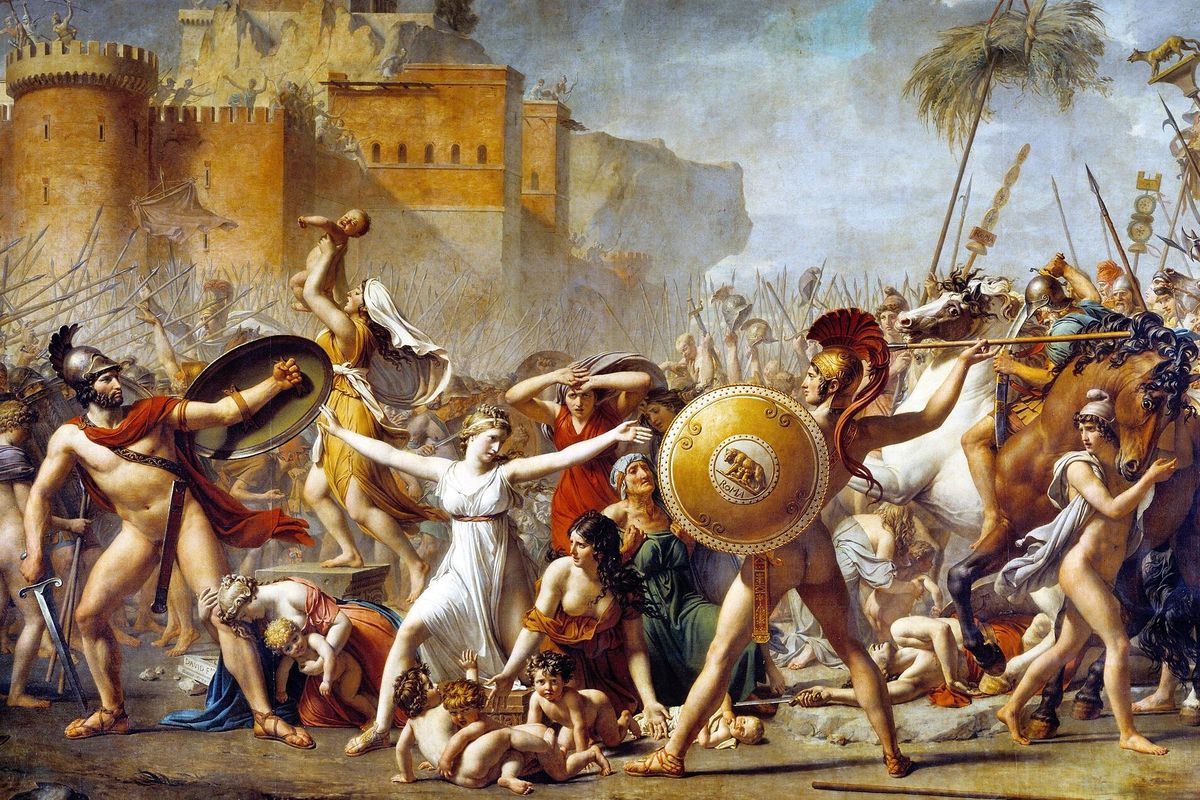
The War of the Lombards was a fierce conflict that took place in the 13th century, primarily involving the Kingdom of Sicily and the Holy Roman Empire. This war saw intense battles, shifting alliances, and significant political intrigue. Why did this war matter? It reshaped the power dynamics in medieval Europe, influencing the future of several key regions. The conflict also highlighted the strategic importance of Sicily, a coveted prize due to its location and resources. Understanding this war offers a glimpse into the complex web of medieval politics, military strategies, and the ambitions of powerful rulers. Ready to dive into 25 intriguing facts about this pivotal historical event? Let’s get started!
Key Takeaways:
- The War of the Lombards was a medieval conflict between the Holy Roman Emperor and the Pope, leading to battles and power shifts in Italy, impacting the region's politics and society.
- This war shaped medieval Europe's history, highlighting the struggle between secular and religious authorities, influencing future conflicts and the political landscape of Italy for years to come.
Origins of the War of the Lombards
The War of the Lombards was a significant conflict in medieval history. It involved various factions and had lasting impacts on the region.
- The War of the Lombards began in 1228 and lasted until 1243.
- It primarily took place in the Kingdom of Sicily, which included parts of southern Italy and the island of Sicily.
- The conflict was named after the Lombards, a Germanic people who had settled in Italy centuries earlier.
- The war was sparked by a power struggle between the Holy Roman Emperor Frederick II and the Papacy.
- Frederick II was excommunicated by Pope Gregory IX, which intensified the conflict.
- The war also involved various local factions, including the Guelphs and Ghibellines, who supported the Pope and the Emperor, respectively.
Key Figures in the War
Several notable figures played crucial roles in the War of the Lombards. Their actions and decisions shaped the course of the conflict.
- Frederick II, Holy Roman Emperor, was a central figure in the war.
- Pope Gregory IX was Frederick's main adversary, excommunicating him and rallying opposition.
- John of Brienne, a former King of Jerusalem, was appointed by the Pope to lead the papal forces.
- Richard Filangieri, a loyal supporter of Frederick II, commanded the imperial forces in the Kingdom of Sicily.
- The war saw the involvement of various local leaders and nobles who aligned with either the papal or imperial factions.
Major Battles and Sieges
The War of the Lombards featured several significant battles and sieges that determined the control of key territories.
- The Siege of Capua in 1229 was one of the early major confrontations.
- The Battle of Cortenuova in 1237 was a decisive victory for Frederick II's forces.
- The Siege of Naples in 1238-1239 was a prolonged and brutal conflict.
- The Battle of Parma in 1248 saw a significant defeat for Frederick II's forces.
- The Siege of Faenza in 1240 was another crucial event, with the city eventually falling to Frederick's forces.
Political and Social Impact
The War of the Lombards had far-reaching political and social consequences for the region.
- The conflict weakened the authority of the Holy Roman Empire in Italy.
- It led to increased papal influence in the Kingdom of Sicily.
- The war caused significant destruction and loss of life, impacting local populations.
- It contributed to the ongoing struggle between the Guelphs and Ghibellines in Italy.
- The conflict also influenced the development of medieval warfare tactics and strategies.
Legacy of the War
The War of the Lombards left a lasting legacy in medieval history, influencing subsequent events and shaping the region's future.
- The war highlighted the deep divisions between the Papacy and the Holy Roman Empire.
- It set a precedent for future conflicts between secular and religious authorities in Europe.
- The war's outcomes influenced the political landscape of Italy for decades.
- The War of the Lombards is remembered as a significant chapter in the history of medieval Europe.
The Last Word on the War of the Lombards
The War of the Lombards was a pivotal conflict that shaped medieval Europe. It wasn't just about battles; it was a clash of cultures, politics, and power. The Lombards, with their unique blend of Germanic and Roman traditions, left a lasting legacy. Their influence can still be seen in modern Italy's culture and language. Understanding this war gives us a glimpse into the complexities of medieval politics and the resilience of human societies. It’s a reminder of how history is a tapestry woven with countless threads, each contributing to the bigger picture. So, next time you think about medieval history, remember the Lombards and their significant role. They weren't just warriors; they were architects of a new era.
Frequently Asked Questions
Was this page helpful?
Our commitment to delivering trustworthy and engaging content is at the heart of what we do. Each fact on our site is contributed by real users like you, bringing a wealth of diverse insights and information. To ensure the highest standards of accuracy and reliability, our dedicated editors meticulously review each submission. This process guarantees that the facts we share are not only fascinating but also credible. Trust in our commitment to quality and authenticity as you explore and learn with us.
